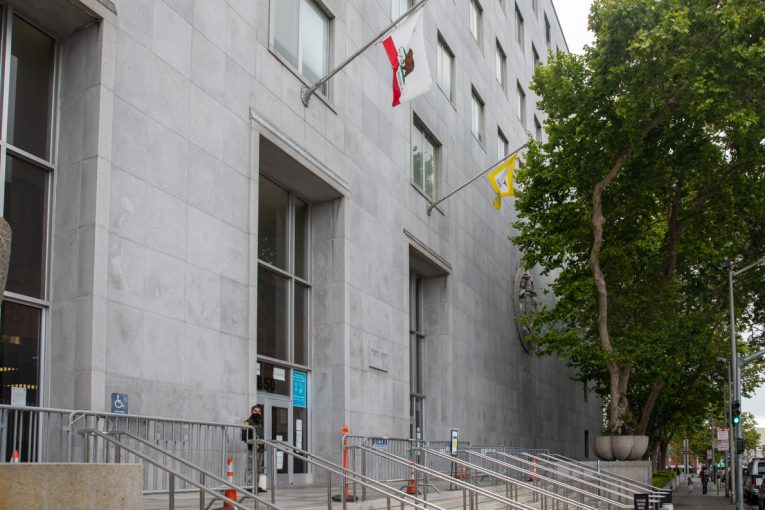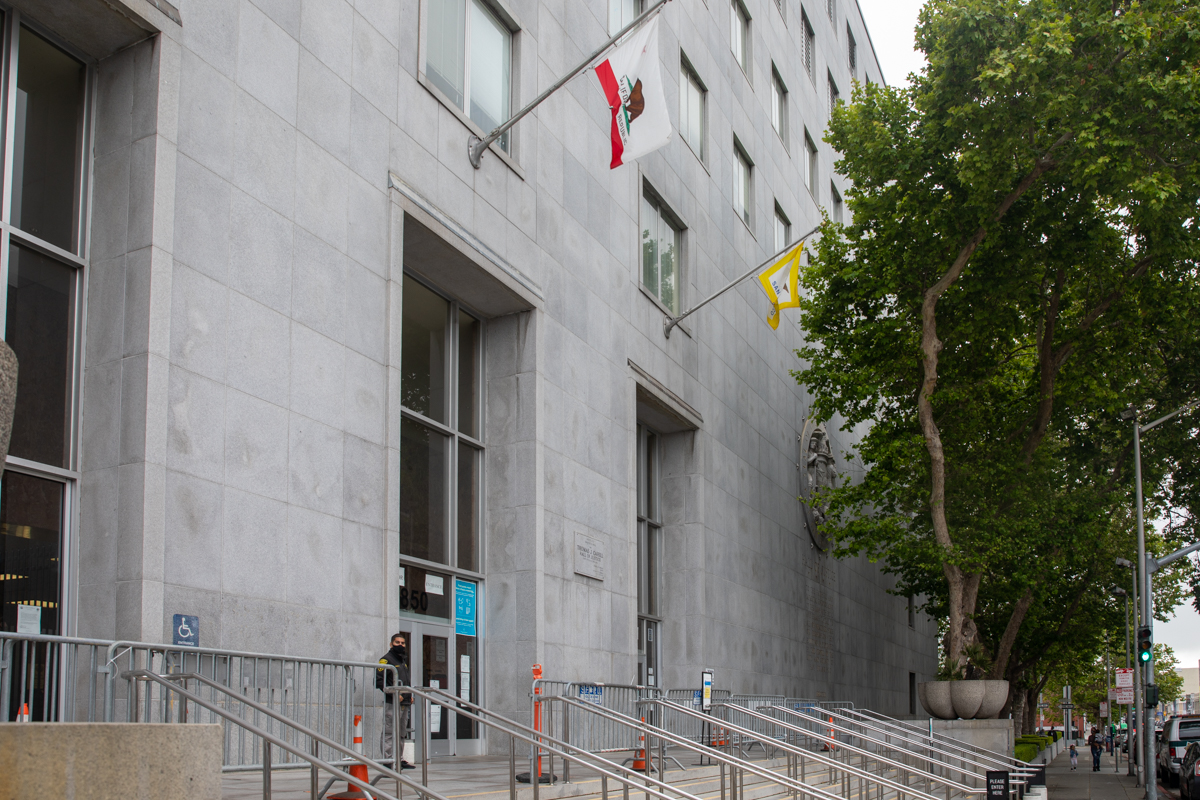
 by Ilona Solomon
by Ilona Solomon
As a public defender, I normally do not comment on my client’s cases—they are private, litigation happens in the courtroom, and achieving the best result on their behalf is my only goal. San Francisco Chronicle reporter Heather Knight, however, recently wrote such an abhorrent column that compelled me to write this open letter to correct the record about what actually happened in my client, Daniel Gudino’s, case.
As Knight knows—because I told her and because a simple review of the record supports it—Boudin’s office accused my client of tragically killing his mother, and he was found guilty of this crime. The question still remained, however, about the appropriate sentence. Mr. Gudino was floridly psychotic, a fact that his family, who is also the victim’s family, recognizes. His mental health issues are so profound that, during his trial, he met the elements of an insanity defense, which is a rarity in our legal system. I have been a public defender for 8 years and have handled hundreds if not thousands of cases, yet still, this was my first insanity case. Both court appointed experts and a court panelist hired by my office agreed that Mr. Gudino was not guilty by reason of insanity. Ms. Jenkins, the line prosecutor featured in Knight’s article, nonetheless spent $40,000 of taxpayer money to hire a rent-an-expert never been approved for court appointment and whose report was at best laughable, just to find someone who would disagree with the weight of the evidence.
The question, then, was whether an insane man who honestly believed his mother had been replaced by a demon whom he had to kill to save both his mother and himself should go to prison, where he would receive little to no mental health treatment and be subject to serious abuse, or whether he would go to a locked state mental hospital, likely for the rest of his life. The Supreme Court has said that those who are insane cannot be held criminally liable, and therefore the latter option should be the only option. The family also said this was the result they wanted. The decedent’s siblings, other son and husband of 18 years sat behind us during closing arguments in support of Daniel.
Given the overwhelming weight of the evidence, this should have been an easy case for Brooke Jenkins, the line prosecutor who is referred to in this article as “progressive”—a term that seems to have little meaning. After the guilt stage of the trial, she should have agreed to a finding of insanity which would have allowed Mr. Gudino to go to a mental hospital, but for reasons still unclear to me, she refused. At the time, I was even upset with Boudin for allowing this to go forward to a jury. Luckily, after the jury hung on the question of insanity (with the majority voting for insanity), Boudin stepped in and Jenkins’s supervisor agreed to this result.
When Knight refers to this prosecutor as progressive, she ignores that Jenkins tried to send a mentally insane person to prison, where he would undoubtedly suffer unspeakable abuse and receive no treatment. Knight also ignores that Jenkins acted against the wishes of the family, and against the findings of medical experts. As I also informed Knight, Jenkins’ contrary arguments during the two phases arguably constituted prosecutorial misconduct, and I am investigating whether a state bar complaint is warranted. None of this is progressive; her stance is the antithesis of what Boudin campaigned on and what an ethical prosecutor must do.
Reporting on criminal justice issues frames how the public views safety and equity. Much of the reporting in San Francisco as of late has failed this city, as anyone in my office or with a loved one incarcerated months after their speedy trial rights have expired will tell you. Reporters have suggested crime is up when it is largely down, have given voice to corporations who falsely claim they must leave the city because of theft when they long planned to do so because their businesses simply weren’t profitable, and are now falsely painting a picture of a D.A.s office that has little regard for safety or victims. This is dangerous, and it must stop. The result reached in my client’s case is the only just one, one that would have been uncontroversial and expected in any other prior administration, and Knight’s depiction of it has no place in respectable journalism.
Ilona Solomon has been a public defender at the San Francisco office since 2015. Before that, she was a public defender in Santa Clara.
